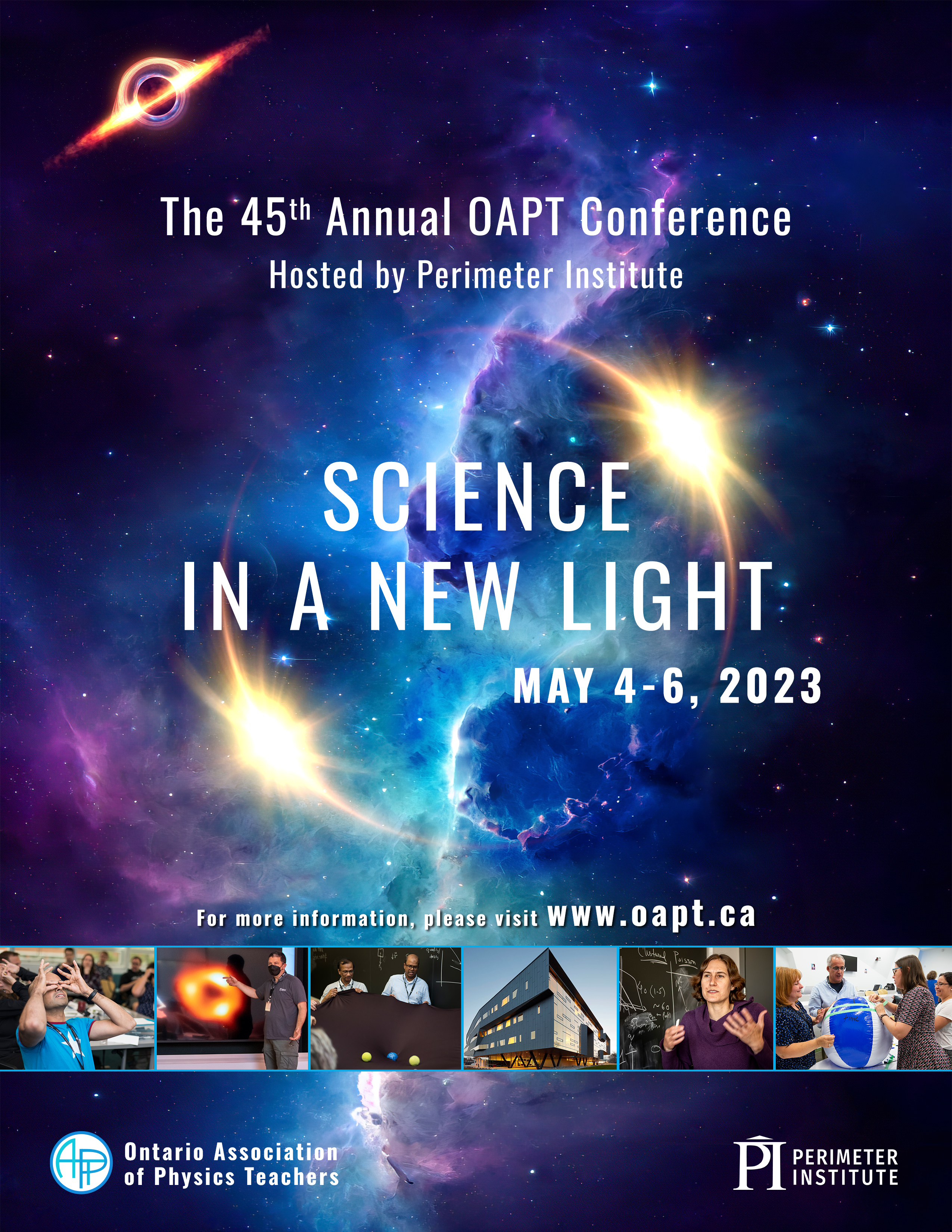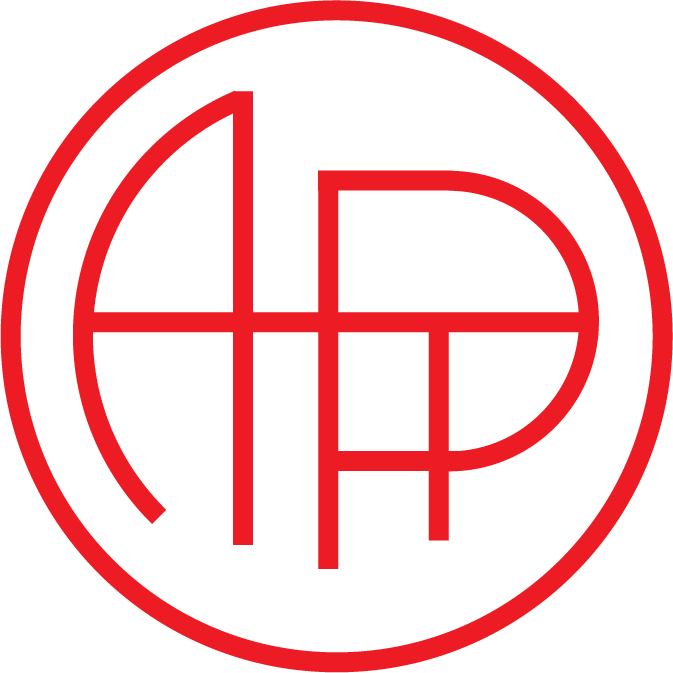September 11, 2024 Filed in:
AnnouncementsRoberta Tevlin
roberta@tevlin.ca
Join us Thursday September 26th from 7:00 to 8:00 PM to learn about the many solutions to climate change, while engaged with other teachers in a role-playing game! By the end of the hour, you will see how climate change is very serious and very complicated —
but — it is also something that can be solved. You will leave energized and ready to try out this lesson with your classes the next day. This game would be good for SNC1W, SNC2D, SPH3U, SES4U, many geography courses, or anywhere else you want to discuss climate solutions.
This virtual Physics Hour is run by Roberta Tevlin, Milica Rakic, Iain Braithwaite, Michelle Lee, Tim Langford, Tom Eagan, and Felipe Almeida. Sign up for the event
here. Please share this opportunity with others who you think may be interested in joining. The Zoom meeting link will be sent out 48 hours prior to the event.
Read More...Tags: Climate, Destreamed, Energy, Professional Development
April 18, 2023 Filed in:
ArticlesChris Meyer, Past President of the OAPT
Chris_meyer1@sympatico.ca
The revised grade 9 science curriculum introduces a new problem-solving process that might not be familiar to many teachers: the (engineering) design process. Let's explore this problem-solving strategy and examine some design tasks that I have created for grade 9 science. Read on!
Read More...Tags: Destreamed, Pedagogy
February 26, 2023 Filed in:
ArticlesBrad Dixon, Destreaming Coach, Minor Head of Science, Guelph CVI, UGDSB
Twitter:
@TeachingMrDixonThe first semester of destreaming grade 9 science has now come to a close. If you were someone like me who was involved in math as well, you might be 3 semesters deep at this point. Regardless, semester change is always a great time to reflect on what has happened. If you are destreaming, a lot has likely happened.
This year I've had the privilege of being a leader in my school, working to iron out the kinks in the destreaming process in both math and science. This has given me the opportunity to work with many teachers, and also the time to reflect on what the wins and losses are so far.
For those of you deep in the destreaming weeds right now, I have compiled some of my reflections, lessons learned, and some advice that hopefully can help some of you.
Read More...Tags: Destreamed, Pedagogy
February 09, 2023 Filed in:
AnnouncementsThe OAPT is pleased to return to its traditional 3-day in-person conference in 2023! We are looking forward to connecting with new members and welcoming back returning members. Take advantage to (re)connect with educators from across the province at Perimeter Institute in Waterloo from Thursday May 4 until Saturday May 6.
 Read More...
Read More...Tags: Astronomy, Conference, Destreamed, Modern Physics, Pedagogy, Professional Development
February 05, 2023 Filed in:
ArticlesEric Haller, Editor-in-Chief of the OAPT Newsletter, Peel District School Board
eric.haller@peelsb.com
Robert Prior, ePublisher of OAPT Newsletter
science@robertprior.ca
There’s a lot of physics hidden in the grade nine curriculum, if you know where to look. For example, the inverse-square law appears in the space unit, as part of the reason scientists know how far away stars are. It is often presented as a given, but deriving it from experimental evidence is a neat way to use a hands-on activity to show the process of science.
How did physicists measure light before they had photometers? John Joly, FRS, invented a comparative photometer over a century ago. We’ve used this simple device to explore the inverse-square law in a totally low-tech way.
Read More...Tags: Astronomy, Destreamed, Light, STEM


